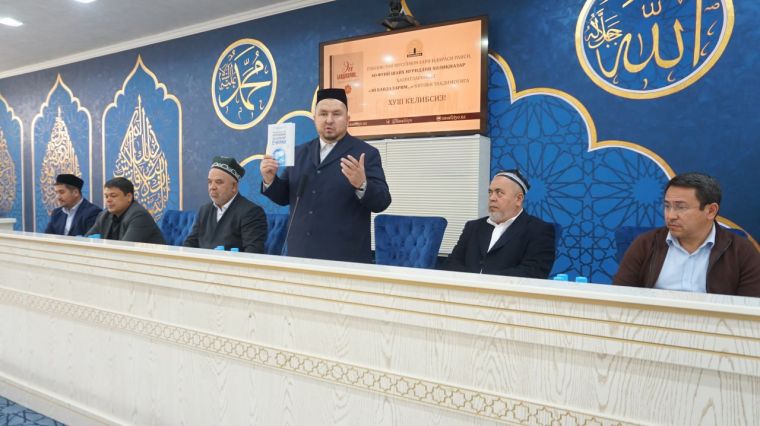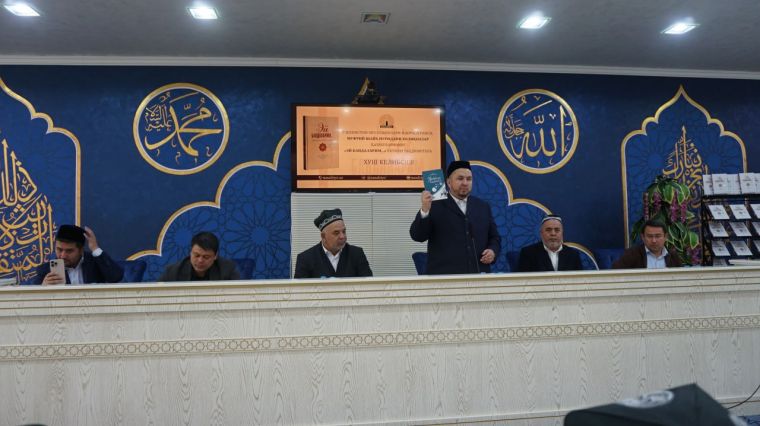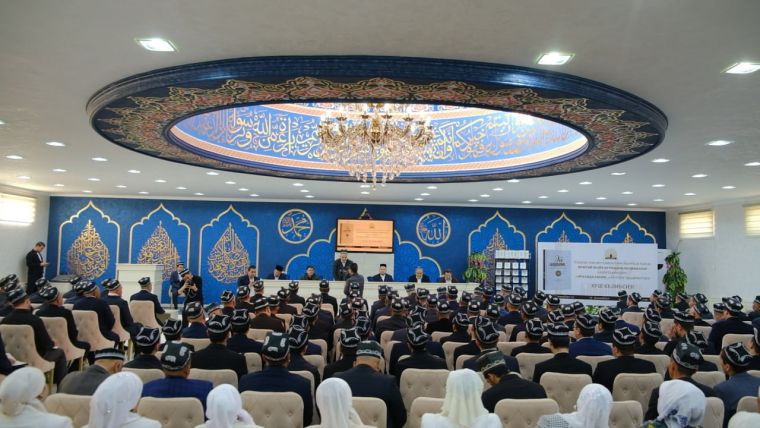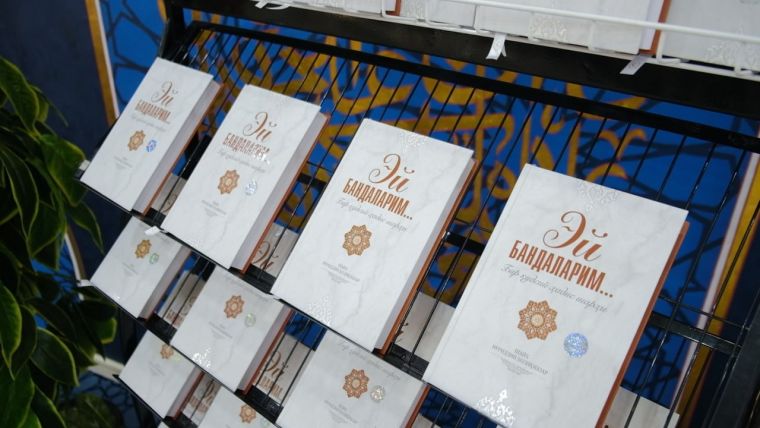Tashkent city


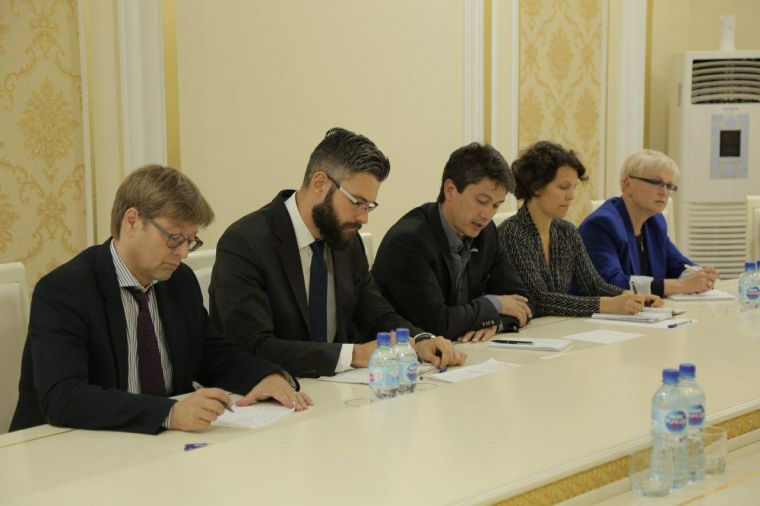
On May 10, 2018 German delegation headed by Andreas Auer was received by Ibrohim Inomov, Deputy Chairman and other employees of Muslim Board of Uzbekistan. In his opening speech he shared with the positive developments in religious sphere in Uzbekistan and talked how the government jointly with Muslim Board of Uzbekistan had been tackling the issue of radicalization of young people by means of preventive means which include intensive enlightenment works, meetings at educational establishments, online lessons and others.
In its turn Andreas Auer, the head of German delegation highly evaluated the positive development in Uzbekistan in all spheres including in religious one. He noted that it was pleasant to mention that German side was also bringing its more or less share into these positive improvements in Uzbekistan. He also noted that the organization was going to implement a number of projects in religious sphere jointly with German state university.
The meeting ended in friendship tone and guests expressed gratitude for warm reception.
Press Service,
Muslim Board of Uzbekistan

A presentation ceremony was held in the Kashkadarya region for the book “Ey Bandalarim”, authored by the Chairman of the Muslim Board of Uzbekistan and Mufti of the country, Sheikh Nuriddin Kholiqnazar.
During the event, participants discussed the essence and content of the book, the commentary on the hadiths included in it, and its significance for human spiritual development and the moral environment of society.
